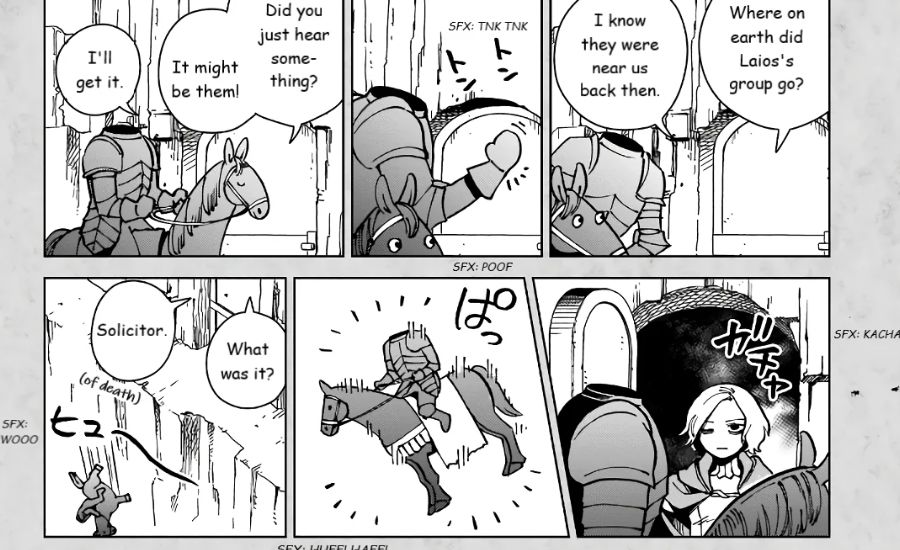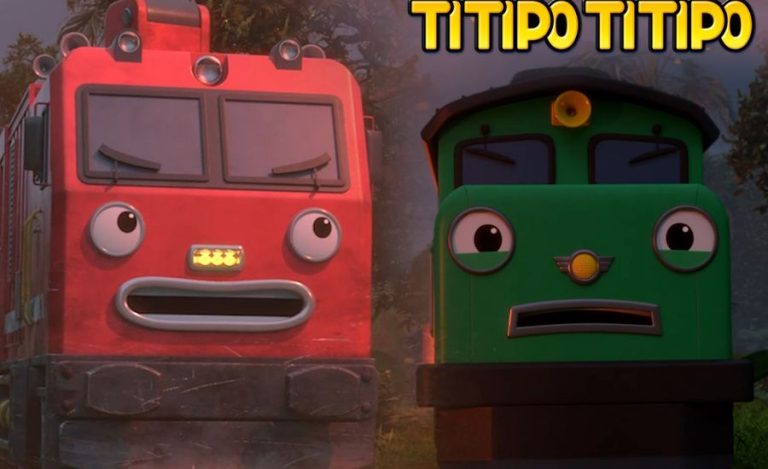Who Did Dalinkill Dungeon Meshi, Creator, Artistic Style & More
Introduction To Who Did Dalinkill Dungeon Meshi
Dungeon Meshi, a relatively acclaimed manga by means of Ryoko Kui, captivates readers by means of mixing myth, journey, and culinary arts right into a compelling narrative. The collection stands out now not only for its inventive world-building but also for its rich person improvement and complicated plotlines. As fans immerse themselves on this fantastical universe, one of the maximum fascinating questions that has sparked large debate is: Who did Dai kill in Dungeon Meshi?
This pivotal second performs a essential role in shaping the course of the storyline and affects the relationships between the characters. Dai’s movements and the motivations at the back of them are principal to know-how the deeper topics of the manga, specifically the complexities of morality and survival in a dungeon environment.
In this article, we are able to discover the identity of the person Dai kills, examining the motivations at the back of his moves and the profound impact this event has at the improvement of the story. By studying this moment, we benefit a deeper know-how of the topics of sacrifice, loyalty, and the ethical dilemmas faced via the characters in Dungeon Meshi. In this article we;ll read about Who Did Dalinkill Dungeon Meshi.
Ryoko Kui: The Creator Behind Dungeon Meshi
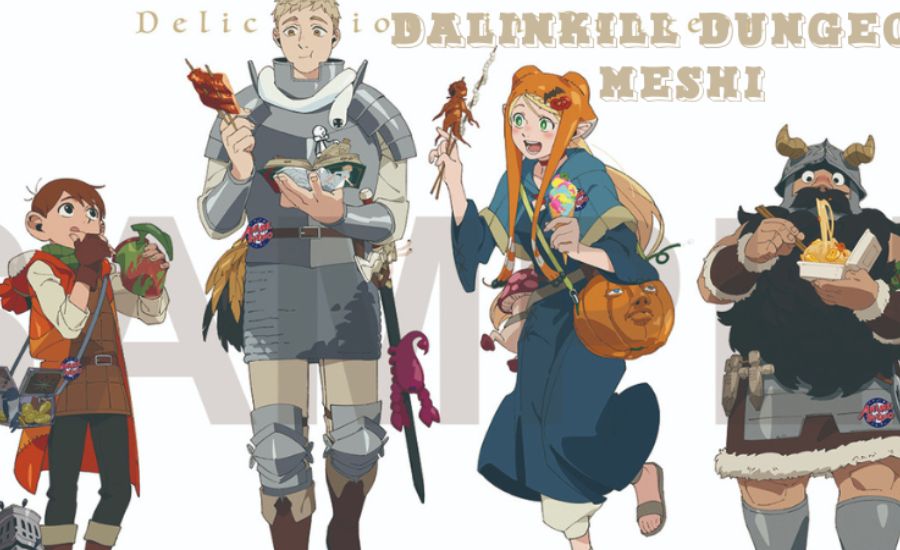
Ryoko Kui is a quite appeared manga artist acknowledged for her great storytelling and unique inventive fashion. Born and raised in Japan, Kui’s journey into the world of manga started out with a passion for growing compelling and visually putting narratives. With her big enjoy and innovative aptitude, she has made a giant effect on the manga industry, and her work on Dungeon Meshi has cemented her area as one of the most modern artists inside the subject. Her ability to combination adventure, myth, and culinary factors with fantastic interest to element has garnered her a devoted fanbase and important acclaim global.
The Intriguing Concept of Dungeon Meshi
Dungeon Meshi is an terrific manga series that stands aside from traditional fantasy journey stories. At its middle, it follows a collection of adventurers who embark on perilous quests into risky dungeons in search of treasure and glory. However, what makes Dungeon Meshi truely particular is its inclusion of meals and cooking as imperative themes. As the institution explores those treacherous environments, they now not simplest encounter monsters and traps however additionally take part in preparing and ingesting the creatures they stumble upon. This blend of culinary creativity and dungeon-crawling pleasure provides a sparkling and funny twist to the properly-trodden delusion style.
The manga’s unconventional narrative captivates readers by seamlessly integrating food with adventure. Characters frequently engage in cooking their monster catches, and this aspect of the story not only provides comic relief but also gives a deeper sense of camaraderie and survival in the group. The team’s culinary experiments add a unique layer of humor and intrigue, setting Dungeon Meshi apart from other manga series.
The problematic international-building and man or woman development in Dungeon Meshi in addition beautify its appeal. Through the collection, readers are added to a colourful and nicely-concept-out delusion global, packed with various landscapes, creatures, and cultures. Ryoko Kui masterfully weaves these elements into the narrative, ensuring that each dungeon and stumble upon feels wealthy with records and possibility. This thoughtful integration of adventure and meals creates a narrative that resonates with fanatics and critics alike, organising Dungeon Meshi as a standout within the myth style.
Ryoko Kui’s Unique Artistic Style
Ryoko Kui’s paintings in Dungeon Meshi is both specific and fascinating, marked through targeted illustrations and expressive character designs. Her creative skills shines via in every page, whether or not she is capturing the intensity of a dungeon exploration, the exciting action of monster battles, or the tricky splendor of the dishes her characters put together. The degree of element in her artwork now not best brings the delusion global to life but also enhances the emotional depth of the tale.
Kui’s art fashion is known for its stability between the fantastical and the regular, regularly juxtaposing the risks of dungeon existence with the extra relatable act of cooking and ingesting. The manner she brings the mundane act of getting ready a meal into the narrative—whether or not it’s grilling a monster or brewing a potion—provides a sense of intimacy and realism to the in any other case high-stakes journey. This combination of the ordinary with the high-quality facilitates to ground the fantastical factors of the tale, making the characters’ reviews experience more tangible and relatable.
Furthermore, Kui’s ability in visible storytelling is obvious in her capability to deliver each the larger-than-existence moments and the more subtle, quiet interactions between characters. Whether it’s the acute expressions of the adventurers going through down a dangerous foe or the quiet moments spent sharing a meal, her art work offers the emotional weight that drives the narrative ahead. Through her artwork, Kui creates a world that feels each alive and immersive, inviting readers to dive deep into the characters’ journey and their culinary escapades.
The Legacy of Ryoko Kui and Dungeon Meshi
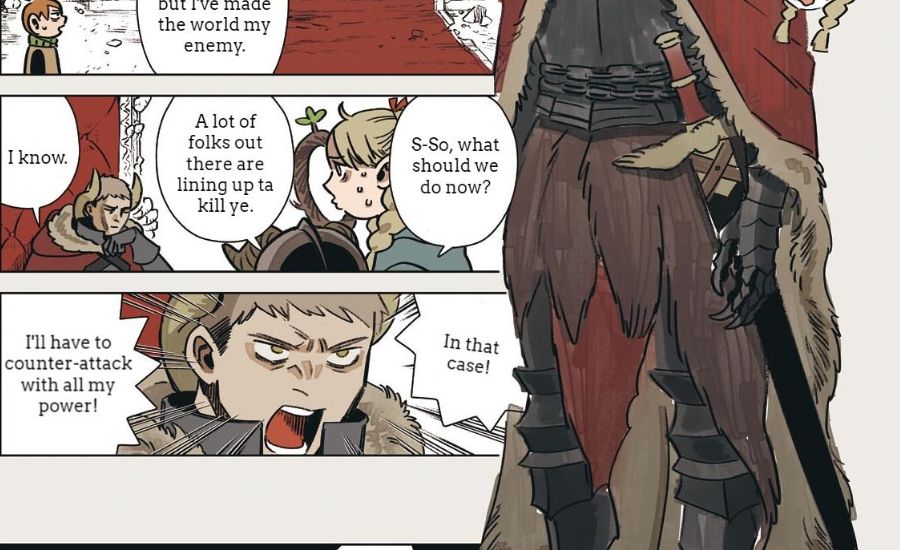
The success of Dungeon Meshi is a testomony to Ryoko Kui’s extraordinary expertise as a writer. Her potential to combine humor, adventure, and food right into a unmarried cohesive narrative has captivated a international target market. With her awesome artistic fashion and modern approach to storytelling, she has created a piece that keeps to resonate with lovers and critics alike. Dungeon Meshi has advanced into greater than just a manga—it’s a cultural phenomenon that has added a new way of considering delusion storytelling. Ryoko Kui’s effect at the manga industry is plain, and her work will undoubtedly maintain to persuade future generations of artists and storytellers.
The Act of Killing: Analyzing Dai’s Critical Decision in Dungeon Meshi
In Dungeon Meshi, a pivotal moment arises when one of the principal characters, Dai, is compelled to make a life-altering selection—an act of violence that shakes the very center of the tale. This second is crucial to the narrative, because it highlights the complex dynamics of morality, survival, and loyalty within the harsh and unforgiving environment of the dungeon. Dai’s choice to take a life is not one made without huge internal struggle, and it opens the door to deeper examinations of his individual and the effect on his fellow adventurers.
The Weight of Dai’s Decision
Dai’s decision to kill isn’t portrayed as a simple act of aggression, but rather a desperate preference shaped through the grim realities of dungeon lifestyles. In Dungeon Meshi, the dungeon is more than only a putting; it’s a pressure that pushes its inhabitants to their limits. The environment itself is harsh, with lifestyles-or-demise stakes at every turn. Dai’s act of violence isn’t just about one individual’s destiny however approximately the broader implications for his institution and his private battle.
While a few may additionally view Dai’s moves as a betrayal, others may additionally interpret it as an act of survival—a vital evil. In a global where survival is unsure, the strains between proper and wrong are regularly blurred, and Dai’s movements function a reflection of this ethical ambiguity. His choice is influenced now not handiest via the threats around him however also by the dungeon’s deeper, darker forces that have an effect on its explorers.
Unpacking the Identity of Dai’s Victim
The identity of Dai’s victim is shrouded in some ambiguity, with different moments in the story offering subtle clues. While specific details may vary depending on the interpretation of certain events, it is clear that the person Dai kills represents a threat to the group’s cohesion and safety. This individual may have held conflicting values, posed a direct danger to the group, or disrupted the delicate balance the adventurers are trying to maintain.
Dai’s decision to kill this person reflects the mounting tension within the group. In Dungeon Meshi, characters are often placed in situations where they must make difficult choices. Dai’s choice is a culmination of the moral and psychological strain that builds over time, revealing not only his personal limitations but also the strain that the dungeon places on relationships. In a world where trust is fragile, Dai’s action exemplifies the emotional cost of survival and the consequences of conflict.
The Fallout: Impact on the Party Dynamics
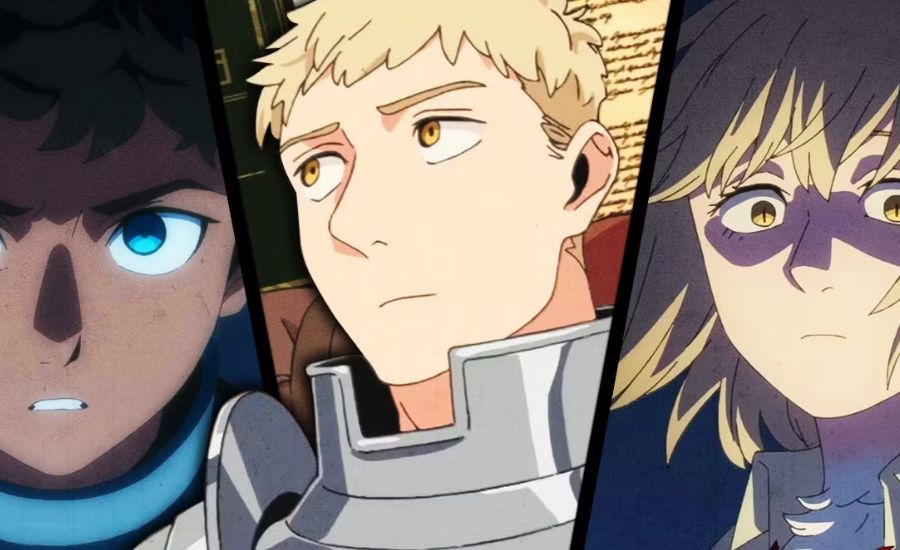
The consequences of Dai’s actions ripple through the party. His decision to take a life creates a fracture within the group, shifting how his companions view him. Some may regard him as a necessary protector, one who will go to any length to ensure the group’s survival. Others, however, may see him as unpredictable and dangerous, questioning his loyalty and stability. This division becomes a critical point of tension, forcing the adventurers to confront the realities of their situation and the psychological toll of their journey.
Dai’s moves force his companions to reckon with their very own ideals and moral compasses. Can they preserve to trust him? Should they? This uncertainty similarly complicates their already perilous quest, including another layer of struggle to the already dangerous dungeon environment. Dai’s individual, once in all likelihood considered as a reliable best friend, is now visible via a greater complex lens—one that blurs the traces between hero and anti-hero.
The Emotional Burden on Dai
For Dai, the aftermath of killing is not simply an external war however an internal battle. In Dungeon Meshi, characters frequently grapple with the mental results of their movements, and Dai is not any exception. The emotional weight of taking a life lingers lengthy after the deed is done, leaving Dai to confront the ramifications of his desire. The guilt, doubt, and introspection he experiences are deeply personal, forcing him to question his personal ethical limitations and the charge of loyalty.
This inner conflict represents one of the central subject matters of Dungeon Meshi: the anxiety between survival and morality. Dai’s journey is a stark reminder that during a global filled with hazard, the picks made may have irreversible effects. His moves talk to the broader human circumstance, in which even the most resolute people may be pushed to make difficult, frequently morally ambiguous decisions inside the face of severe circumstances.
Moral Complexity in Dungeon Meshi
What makes Dungeon Meshi so compelling is its nuanced exploration of moral ambiguity. Dai’s decision to kill raises critical questions on loyalty, sacrifice, and the morality of survival. The series doesn’t offer simple answers however alternatively demanding situations readers to mirror on the complexities of proper and wrong whilst faced with existence-or-death situations. Dai’s movements aren’t just about survival; they spotlight the emotional and psychological price of navigating a world wherein the regulations of morality are constantly being rewritten.
Ultimately, Dai’s choice to kill adds intensity to his individual and complements the richness of the Dungeon Meshi narrative. It forces each characters and readers alike to confront the tough realities of the dungeon global and query what it in reality manner to survive in such an unforgiving environment. Through Dai’s moral predicament, Dungeon Meshi invitations its target market to don’t forget how a long way one is inclined to head whilst survival is at stake and the road between heroism and villainy turns into an increasing number of hard to define.
FACT:
Dungeon Meshi is a manga created by Ryoko Kui.
The manga combines elements of fantasy, adventure, and culinary arts.
The story revolves around a group of adventurers exploring dangerous dungeons.
The characters in the series often cook and eat monsters they encounter.
Ryoko Kui is known for her unique artistic style and storytelling.
Dungeon Meshi features detailed world-building and character development.
The manga’s appeal lies in its integration of food with adventure and the deeper themes of survival and morality.
Dai, a main character in the series, kills a person, which significantly impacts the group dynamics.
Dai’s decision to kill is driven by the harsh environment of the dungeon and the threat posed by the victim.
The aftermath of the killing causes internal conflict within the group, raising questions about loyalty and trust.
Dai experiences emotional and moral consequences from the killing, including guilt and introspection.
The series explores moral ambiguity, with characters often faced with difficult survival decisions.
Dungeon Meshi does not provide simple answers to moral dilemmas but encourages reflection on the complexities of survival in extreme conditions.
FAQs:
- Who created Dungeon Meshi?
- Dungeon Meshi is a manga created by Ryoko Kui.
- What is Dungeon Meshi about?
- The manga combines elements of fantasy, adventure, and culinary arts, following a group of adventurers exploring dangerous dungeons and cooking monsters they encounter.
- What makes Dungeon Meshi unique?
- The manga’s unique blend of food and adventure, detailed world-building, and exploration of survival and morality set it apart from other fantasy stories.
- What is the significance of Dai’s decision to kill?
- Dai’s decision to kill a person impacts group dynamics, raising questions about loyalty, trust, and the moral complexities of survival in the dungeon.
- How does Dai feel about the killing?
- Dai experiences emotional and moral consequences from the killing, including guilt and introspection, highlighting the psychological toll of such a decision.
- What themes does Dungeon Meshi explore?
- The manga explores themes of moral ambiguity, survival, loyalty, sacrifice, and the complexities of making difficult choices in extreme conditions.
Summary of Dungeon Meshi:
Dungeon Meshi is a manga by Ryoko Kui that combines fantasy, adventure, and culinary arts. It follows a group of adventurers as they explore dangerous dungeons, encountering monsters they later cook and eat. The unique twist of integrating food with their perilous journey adds humor and depth to the story.
The manga stands out for its detailed world-building, strong character development, and exploration of complex themes such as survival and morality. One of the most pivotal moments in the story is when a main character, Dai, makes the difficult decision to kill someone. This event significantly affects the group dynamics, causing tension and forcing Dai to grapple with feelings of guilt and introspection. The series does not offer simple answers to the moral dilemmas the characters face, instead encouraging reflection on the harsh realities of survival in an unforgiving world.
Ultimately, Dungeon Meshi is a story about the balance between survival and morality, the emotional consequences of difficult decisions, and the complex nature of loyalty and sacrifice.
For more Information About Animation visit francherway
